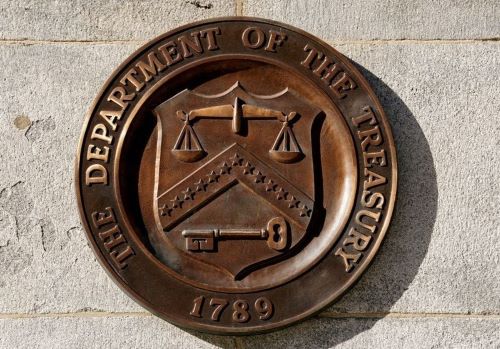Ownership Database – In a move set to reshape the landscape of financial transparency, the U.S. Treasury Department has unveiled access guidelines for a groundbreaking corporate ownership database. The database, established under the Corporate Transparency Act, is set to be accessible to banks and law enforcement agencies.
Phase-by-Phase Rollout
FinCEN’s recent rule details a phased rollout for accessing the beneficial ownership database, signaling a significant step in financial transparency. The initial stage is scheduled to commence in February. This strategic measure aims to curb the use of anonymous shell companies for illicit financial activities.
Yellen Stresses Global Impact
Treasury Secretary Janet Yellen emphasized the global repercussions of illicit funds infiltrating from various sources, stating that such activities undermine fair business competition and pose serious risks to the nation’s economic and security interests.
Authorized Entrants
Newly authorized entrants to the database include federal agencies in national security, intelligence, or law enforcement. State, local, and tribal law enforcement agencies gain access with court authorization. Foreign law enforcement agencies meeting specific criteria, certain supervised financial institutions adhering to customer due diligence with customer consent, and Treasury Department officers and employees are among the authorized entrants. Stringent security and confidentiality protocols bind each category.
Transformative Potential
A senior FinCEN official highlighted the transformative potential of the new database, noting that it will empower law enforcement, financial institutions, and other authorized users to identify and hold accountable those involved in illicit activities.
Adjustments Based on Feedback
In response to public feedback received in December 2022, FinCEN has made adjustments to enhance the utility of the database. Notable changes include streamlining access for state, local, and tribal law enforcement agencies, allowing them to obtain access with only a court authorization for investigations.
Financial Institution Benefits
Financial institutions will benefit as the definition of “customer due diligence requirements” broadens. This expansion allows them to use the database for anti-money laundering and sanctions law compliance.
Data Sensitivity Addressed
Addressing concerns about data sensitivity, the senior FinCEN official assured that the agency has implemented robust information security measures similar to those used in federal government systems. Regular audits of financial institutions will ensure proper database usage, with enforcement actions taken for non-compliance.
WSJ Print Delivery | 2-Year WSJ Print Subscription
Milestone in Fighting Financial Crimes
The unveiling of access guidelines marks a crucial milestone in the fight against financial crimes. It signals a concerted effort to enhance transparency and accountability in corporate ownership.
NY Times & Barron’s 3-Year Digital Combo – 77% OFF

